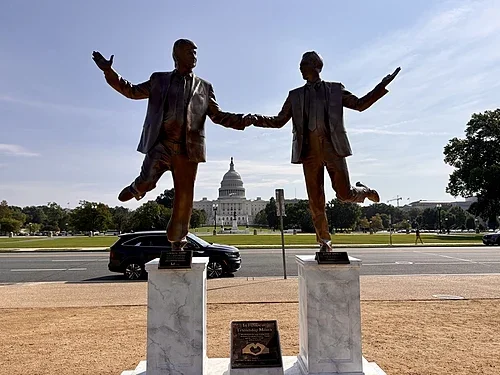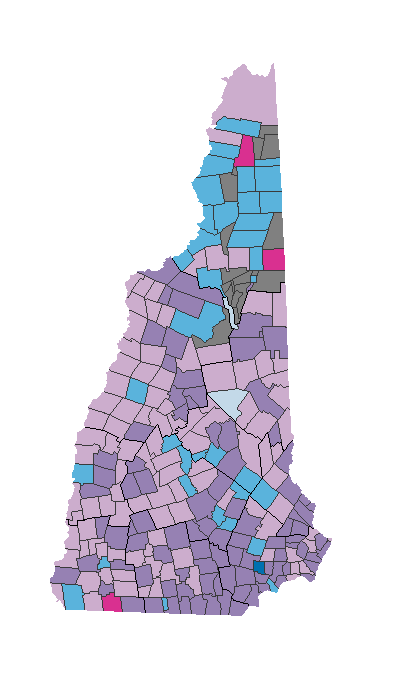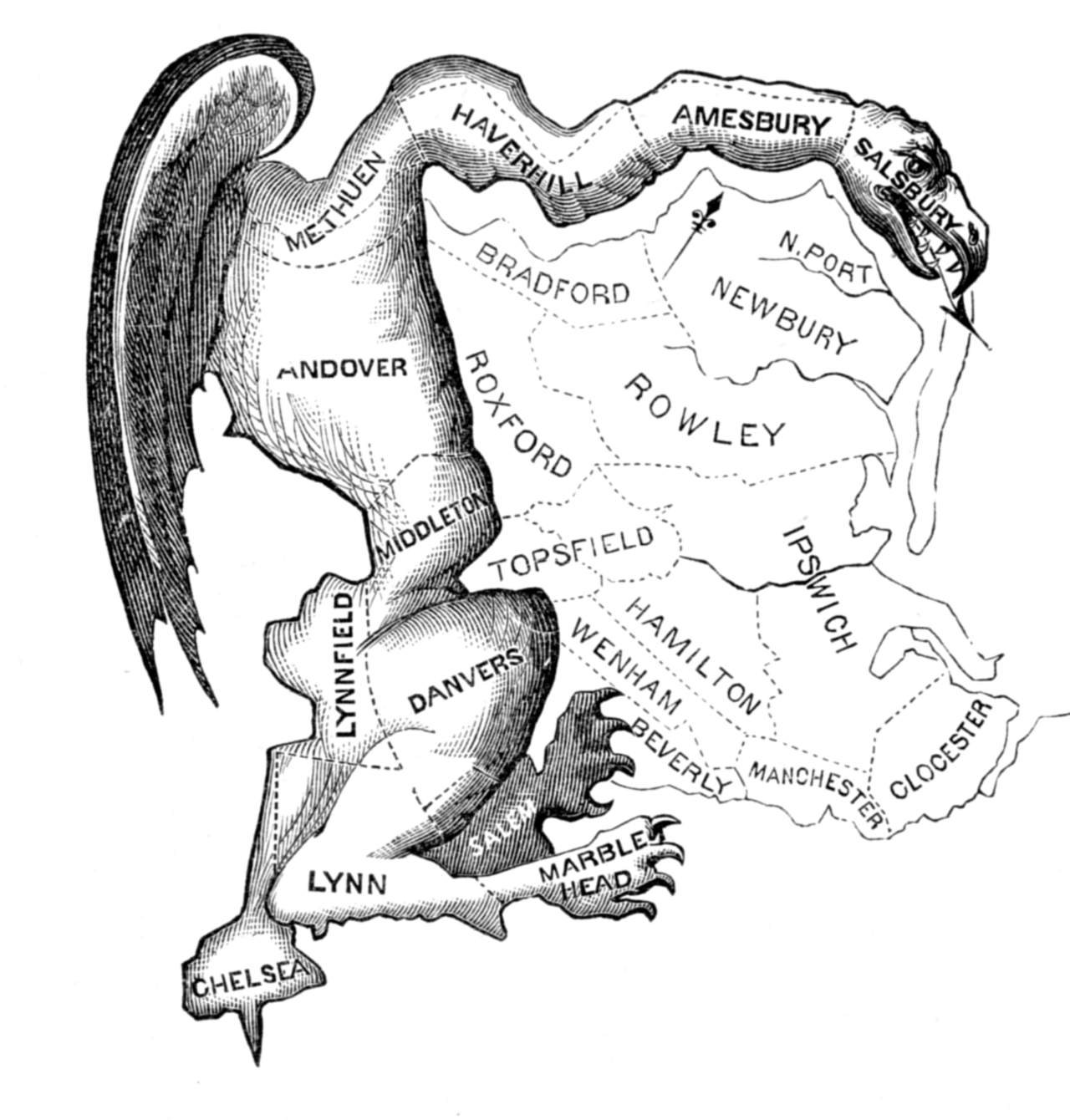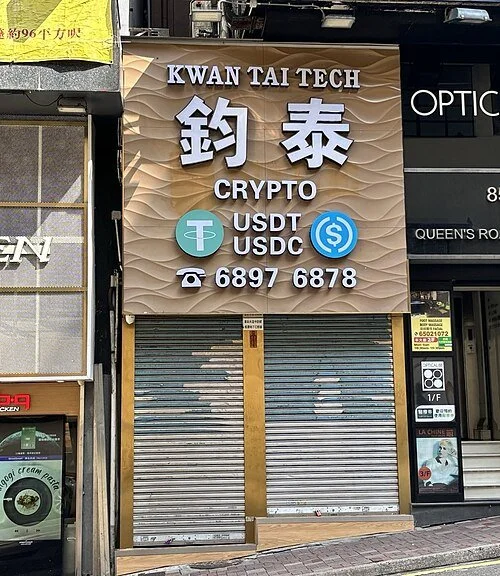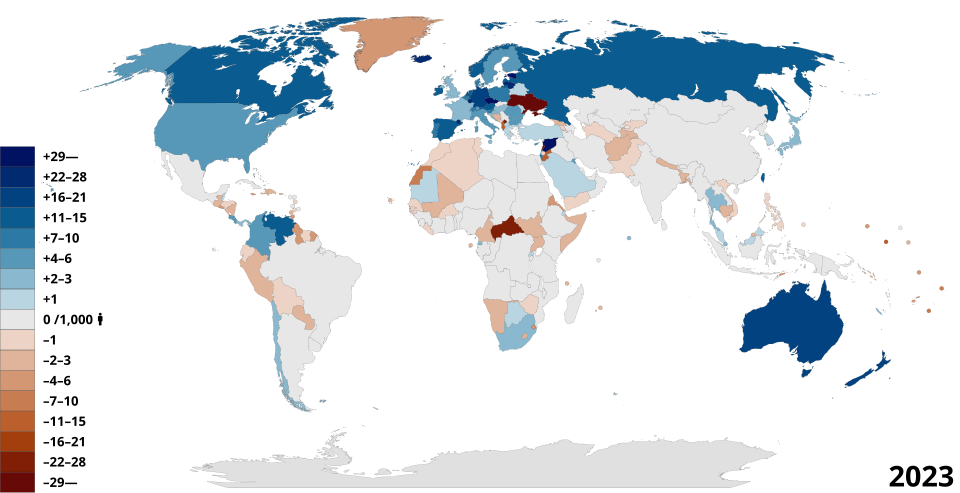
Vox clamantis in deserto
Chris Powell: Illegal-immigration backers in Conn. don’t get critical questions
MANCHESTER, Conn.
Immigration-law enforcement agents must be compelled, by congressional action or court order, to identify themselves conspicuously during arrests, to display their badges, and to make prompt public reports identifying the people they have detained, why they have been detained, and where they are being held. A free country cannot allow secret arrests. The necessity of such accountability in government goes back centuries to the Magna Carta.
Democrats in Congress should press this issue instead of simply decrying all immigration-law enforcement. Most of the country will agree, and Republicans in Congress who disagree will risk being exposed as totalitarians.
Police in Connecticut already are obliged by law to follow similar procedure, though they sometimes neglect to report arrests promptly and news organizations fail to notice.
But the greater failure of Connecticut journalism lately involves its reporting of complaints against immigration law enforcement. Reporters can't be blamed when they can't reach or get responses from immigration law enforcers, but they can be blamed when they quote officials, activists, and others in the immigration controversy without posing critical questions.
The recent arrest by immigration agents of a woman as she was driving her children to school in New Haven provoked outrage. Some of it verged on hysteria, like the statement issued by Mayor Justin Elicker.
"To arrest a mother in front of her two young children while taking them to school is simply unconscionable," the mayor said.
So what is the appropriate time to arrest and detain someone with children who is suspected of being in the country illegally? Will such a suspect necessarily cooperate in scheduling her arrest and detention, or might she flee instead? Do New Haven's own police always give notice to the targets of their arrest warrants?
Mayor Elicker wasn't asked.
He continued: "We condemn this deplorable act of family separation and call upon the Trump administration to stop its inhumane approach and cruel tactics."
But don't arrests in New Haven and elsewhere routinely separate people from their children, or are children brought to jail with their parents?
The mayor wasn't asked.
"New Haven," the mayor said, "is a welcoming city for all, and our immigrant neighbors are a part of our New Haven family."
Does New Haven really welcome legal and illegal immigrants, the well-intentioned and the ill-intentioned, and the self-supporting and the dependent alike? Does New Haven distinguish among them, or is that properly the work of immigration authorities? Or should no one do that work and should the nation's borders be opened again?
Mayor Elicker concluded: "New Haven will continue to stand up for our residents and our values, and we will continue fight back with every resource available to us against the Trump administration's reckless immigration policies."
What exactly does "every resource available" mean? Even as the mayor was so upset about that immigration arrest, New Haven's school system was facing a deficit of $16.5 million and was preparing to lay off scores of employees, and the chronic absenteeism rate of its high school students stood at 50 percent.
Since New Haven can hardly take care of itself, how can it afford to be a "sanctuary city," accepting, housing, concealing, and trying to educate unlimited numbers of illegal immigrants? And since state government covers so much of New Haven's expenses, how can Connecticut afford to let the city assume unlimited liabilities like these?
Nor were compelling questions posed the other week amid outrage in Meriden about the immigration agents’ arrest and detention of a city high school student and his father a few days before the boy's graduation.
The two were reported to have been arrested at a scheduled meeting with immigration authorities, so presumably they knew there was something wrong about their presence in the country.
Protesters in Meriden chanted that they want immigration authorities to get out of Connecticut. But wouldn't that leave the borders open again? Is that what the protesters want?
Though they were surrounded by journalists, the protesters were never asked.
Chris Powell has written about Connecticut government and politics for many year (CPowell@cox.net).
Chris Powell: Illegal-immigration backers ignore its enormous costs
Net migration rates per 1,000 people in 2023, showing flows to more affluent nations, in blue, from poorer nations.
MANCHESTER, Conn.
Last week two groups supporting illegal immigration, Connecticut Voices for Children and the Immigration Research Initiative, issued a report warning that mass deportation of the state's illegal-immigrant population -- estimated at as many as 150,000 people -- would be disastrous for the state's economy and state government. The report claimed that illegal immigrants pay more than $400 million in state taxes each year.
This was at best a dodgy estimate. Many illegal immigrants are children and are not employed. The adults among them cannot work legally and so most of their earnings cannot be tracked. While anyone who spends money in Connecticut is likely to pay sales taxes, the report acknowledges that nearly all illegal immigrants who work in Connecticut hold low-wage jobs.
So what they buy is mainly for subsistence, like food, which is exempt from sales tax.
But the bigger flaw in the report is that it omits anything about the costs of illegal immigration in Connecticut, which are huge and increasing, particularly on account of the state government medical insurance being extended to them and the education of their children, most of whom don't speak English and enter the state's schools without providing any record of their education elsewhere and so need to be laboriously evaluated for placement. These students have exploded expenses in the schools of Connecticut's “sanctuary cities," which in turn seek much more financial support from state government.
In February the Yankee Institute, drawing on estimates from the Federation for American Immigration Reform, contended that illegal immigration costs Connecticut more than $1 billion a year.
Whatever the true cost, that it likely weighs heavily against illegal immigration became clear when Governor Lamont, a supporter of the state's “sanctuary’’ policies, disputed the Yankee Institute estimate even as he conceded to a journalist that he had no idea what illegal immigrants cost state government. The governor referred the journalist to the state budget office, which said it had no idea of the cost either and wasn't going to find out.
That is, advocates and apologists for illegal immigration in Connecticut don't want to know its costs, and, worse, don't want the public to know either.
The report from Connecticut Voices for Children and the Immigration Research Initiative is defective in other ways. It asserts that if Connecticut lacked illegal immigrants it would experience a severe shortage of workers for the low-wage jobs they hold -- especially in construction, restaurants, agriculture, janitorial work, and beauty shops.
This is the cliche that illegal immigrants do jobs citizens won't do, and it is nonsense.
Citizens will do almost any job if wages are high enough and can compete with the welfare benefits available to them. Indeed, the jobs held by illegal immigrants are so poorly paid in large part precisely because illegal immigrants are available to do them without the wage,
benefit and labor protections required for citizens. Raise agricultural salaries enough and even some teachers, charity organization workers, and journalists in Connecticut may be tempted to return to picking shade tobacco as many did as teenagers.
Connecticut is full of low-skilled citizen labor. With its social-promotion policy, public education makes sure of that.
For years the state's manufacturers have lamented that they can't find skilled workers for tens of thousands of openings. Meanwhile, middle-aged single mothers are not working at fast-food drive-through windows because they are so highly skilled. But jobs requiring lesser skills are where young people are supposed to start, not remain as adults.
So Connecticut doesn't need to import more low-skilled workers, especially since the state has failed so badly with its housing supply. The state needs to find ways of raising skills and wages and reducing the cost of living, especially the cost of housing, for its legal residents.
But the report from the apologists for illegal immigration sees the path to prosperity as a matter of legalizing all illegal immigrants, in effect reopening the borders. It didn't work the first time.
Chris Powell has written about Connecticut government and politics for many years (CPowell@cox.net).
